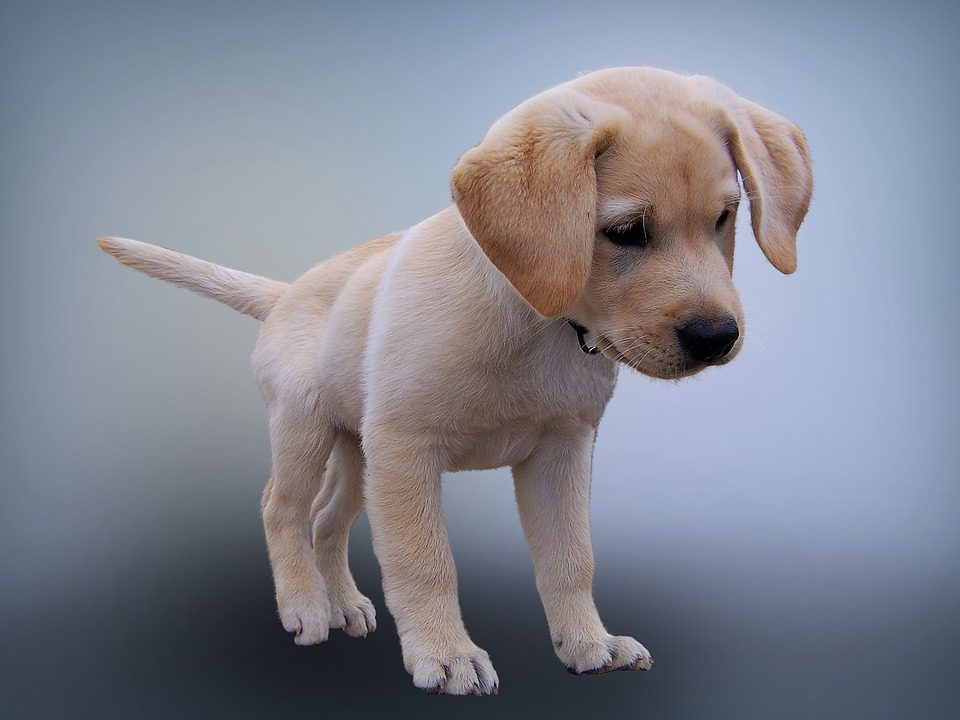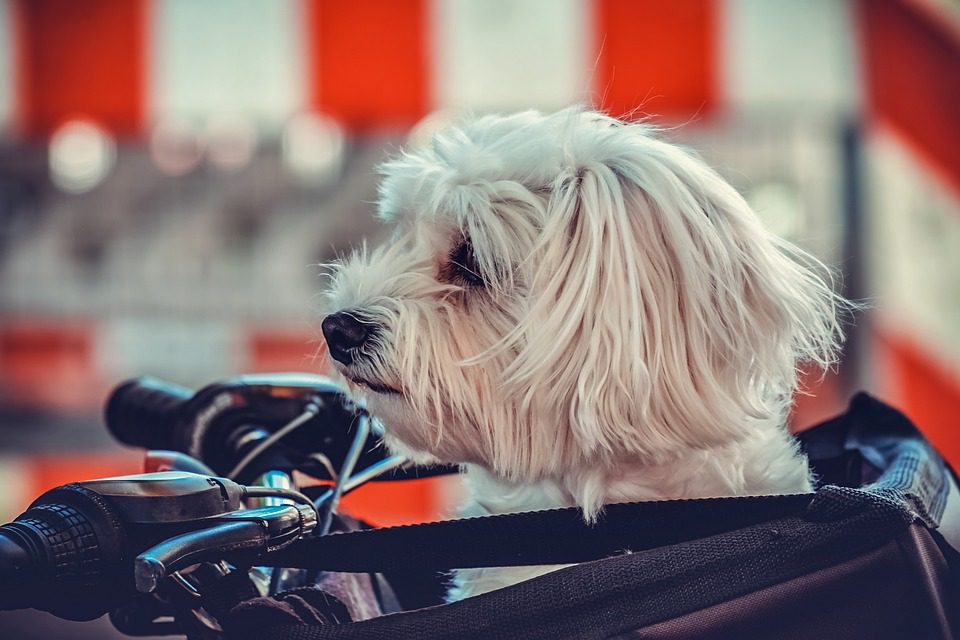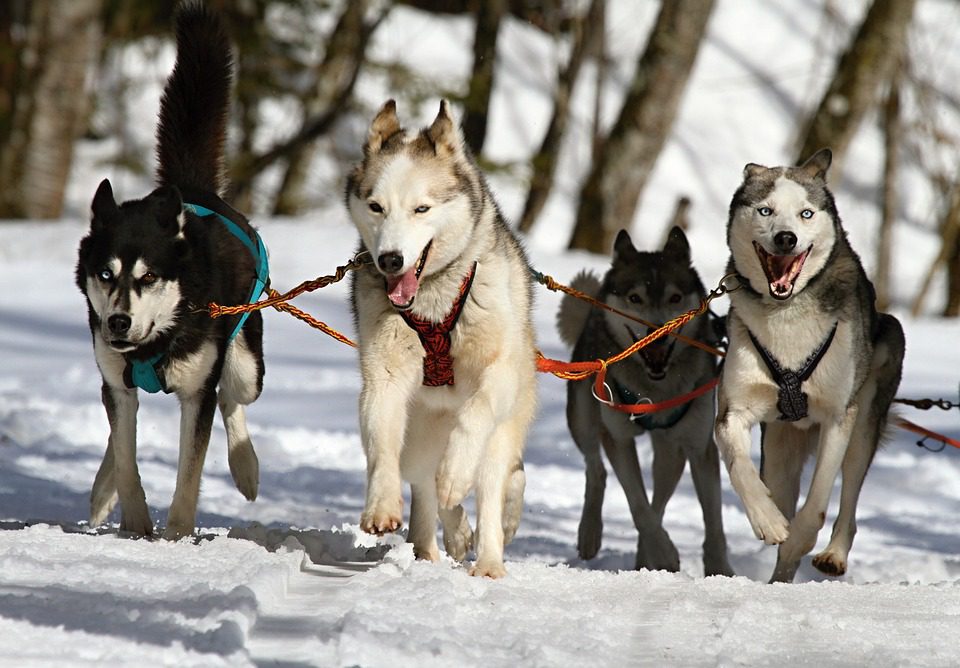Parvovirus, or “parvo” as it is commonly referred to, is an extremely contagious virus that affects dogs, particularly puppies. It is spread through contact with infected feces, and can be very serious if not treated quickly and correctly. Unfortunately, most backyards can be a source of parvo as it is common for the virus to linger in soil for months. Knowing the risks and how to protect your pet from parvo is vital for pet owners, so let’s take a look at the answer to the question: Can my puppy get parvo from my backyard?
What is Parvo?
Table of Contents
Parvo is a highly contagious virus that affects the gastrointestinal tract of puppies and dogs. It is one of the most common and dangerous viral diseases that can affect dogs. Parvo is caused by the canine parvovirus, which has two strains—CPV-1 and CPV-2. CPV-2 is the strain that is most commonly seen in dogs. The virus is spread through contact with an infected dog’s feces or through contact with an infected environment, such as a backyard or kennel.
What are the Symptoms of Parvo?
The most common symptoms of parvo in puppies and dogs include vomiting, diarrhea, dehydration, lethargy, loss of appetite, and a high fever. In severe cases, the virus can cause severe damage to the gastrointestinal tract and can even be fatal.
Can My Puppy Get Parvo From My Backyard?
It is possible for a puppy to contract parvo from a backyard, but it is not likely. Parvo is spread primarily through contact with an infected dog’s feces, so it is more likely for a puppy to contract parvo from another dog than from the environment. In order for a puppy to contract parvo from the environment, the virus would have to be present in the soil or in other areas of the yard.
Preventing Parvo
The best way to prevent your puppy from getting parvo is to make sure they are up-to-date on their vaccinations. Puppies should receive their first set of vaccinations at six to eight weeks of age and should receive boosters every three to four weeks until they are 16 weeks old. Vaccinating your puppy is the best way to protect them from the virus.
It is also important to keep your puppy away from other dogs that may be infected with parvo. Do not take your puppy to dog parks, kennels, or other places where there are a lot of dogs. If you must take your puppy to a public place, make sure they are kept on a leash and away from other dogs.
Cleaning Up After an Infected Dog
If your backyard has been contaminated by an infected dog, it is important to thoroughly clean up the area. All feces should be immediately removed and the area should be disinfected with a bleach-based cleaner. It is also important to remove any toys, bedding, or other objects that may have been contaminated.
It is also important to keep the area clean and free of feces to reduce the risk of spreading the virus. If your yard is contaminated, it is best to keep your puppy away from the area until it has been thoroughly cleaned and disinfected.
Treatment for Parvo
If your puppy does become infected with parvo, it is important to seek immediate medical attention. Treatment for parvo can include antibiotics, fluids, and supportive care. It is also important to keep your puppy isolated from other dogs until they have recovered.
Parvo can be a deadly virus, but it is also preventable. By making sure your puppy is up-to-date on their vaccinations and keeping them away from other dogs that may be infected, you can help protect them from the virus.
Myths About Parvo in Puppies
No, your puppy cannot get parvo from your backyard. Parvo is caused by a virus that is spread through contact with infected feces, saliva, or urine, not through contact with soil or grass. So even if your backyard is contaminated with parvo virus, your puppy won’t be infected unless it comes in contact with the virus directly.
Frequently Asked Questions
Can my puppy get parvo from my backyard?
Yes, it is possible for your puppy to get parvo from your backyard. Parvo is a virus that is spread through contact with infected feces. It can be spread by animals coming in contact with the infected feces and then spreading it to other animals. It can also be spread by direct contact with the infected feces, such as someone walking in the area where the feces are present. If your backyard is not properly cleaned up, the virus can remain and your puppy can be exposed.
What are the symptoms of parvo in puppies?
The most common symptom of parvo in puppies is severe vomiting and diarrhea. Other symptoms include a lack of appetite, dehydration, lethargy, fever, and pale gums. If your puppy is showing any of these symptoms, it’s important to take them to the vet right away as parvo can be fatal in puppies.
Conclusion
Parvo is a highly contagious virus that affects the gastrointestinal tract of puppies and dogs. It is caused by the canine parvovirus and is spread through contact with an infected dog’s feces or environment. Symptoms include vomiting, diarrhea, dehydration, lethargy, and loss of appetite. Vaccinating puppies and keeping them away from other dogs is the best way to protect them from the virus. If an infected dog is present, it is important to clean up the area and keep your puppy away until it has been disinfected. If your puppy does get parvo, it is important to seek immediate medical attention.






